|
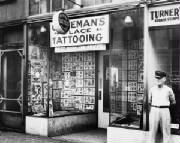
Noted as being one of the Fathers of American tattooing, August "Cap" Coleman opened
his shop in Norfolk, VA after dropping anchor there in 1918. Little is known of him prior to his explosion to the tattoo
business. In June of 1950, the Norfolk City Council passed an ordinance stating that tattooing was illegal. Coleman
closed his shop in Norfolk and crossed the river into Portsmouth, VA and re-opened for business.
|
|
|
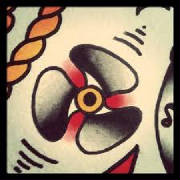
During World War II, many American sailors had twin propellers tattooed on their buttocks meant to symbolize
being propelled to shore in the event that the ship would sink.
|
|
|
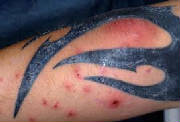
There were little sterilization techniques used and many shops did not have running water.
The Health Department of New York banned tattooing due to 30 cases of Hepatitis B thought to have been caused from unsterilized
equipment. Many shops closed and the few artists that remained used their art in secret back-rooms and loft apartments
in the Bowery until the ban lifted in 1997.
|
|
|
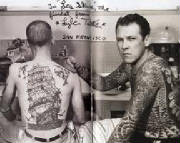
Lyle Tuttle was well known and respected for his vast
knowledge of the tattoo industry. He is credited with presenting tattooing as an art form to the public and promoting
safe and hygienic practices thus changing the way tattoos were viewed in America. In 1949, Tuttle began tattooing professionally
and opened his own location in San Francisco, CA in 1954.
|
|
|
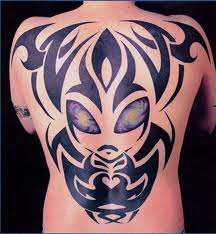
America rediscovered the beauty of primitive and tribal tattoos. The most common designs used come
from Borneo, Japan and the Islands of the South Pacific.
|
|
| |
|
|
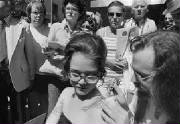
The infamous Spider Webb (a.k.a.
Joseph O"Sullivan) tattooed porn star Annie Sprinkler on the steps of the Metropolitan Museum of Art on August 4, 1976
during one of many protests in New York regarding the ban on tattooing. He was conveying a message that tattooing deserved
freedom and public recognition. He was not arrested for his actions even though tattooing was still illegal. This
protest did not lift the ban but it did bring enough public attention and awareness that tattooing was no longer a health
concern.
|
|
| |
Next
|
| |
|
| |
|
| |
|
| |
|
| |
|
| |
|
| |
|
| |
|
| |
|
| |
|
| |
|
| |
|

